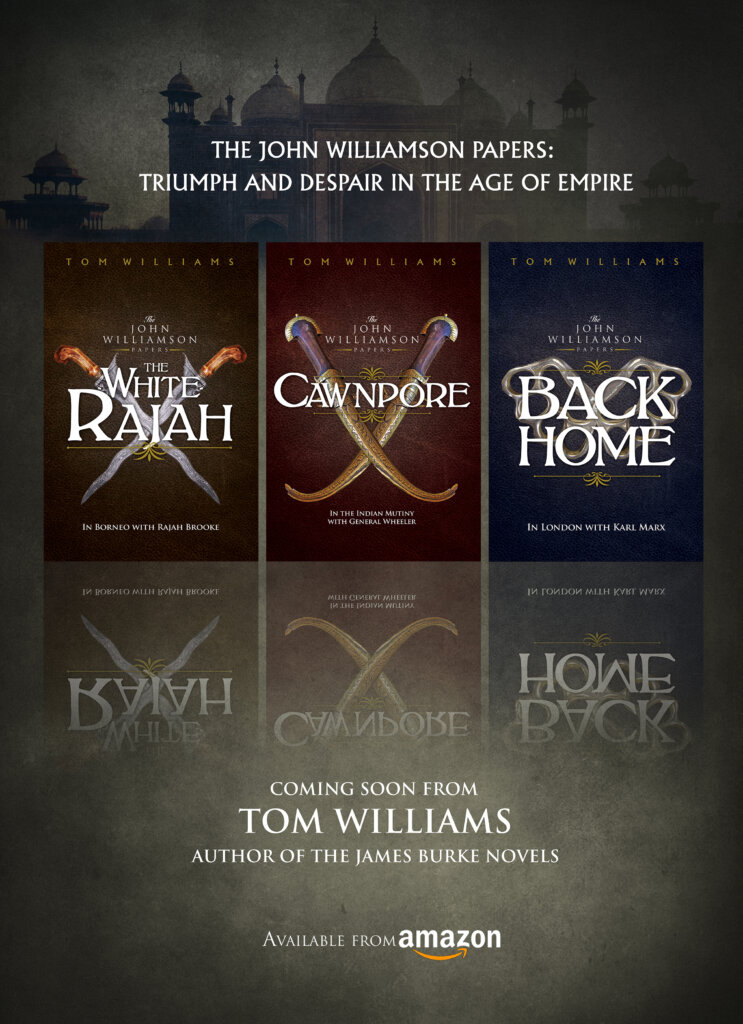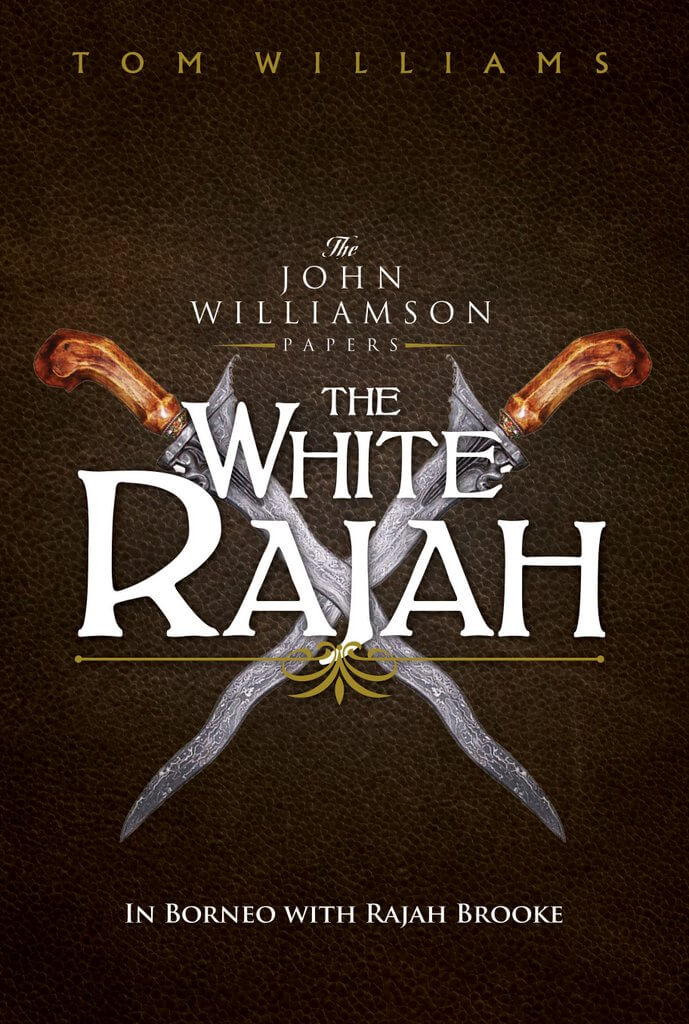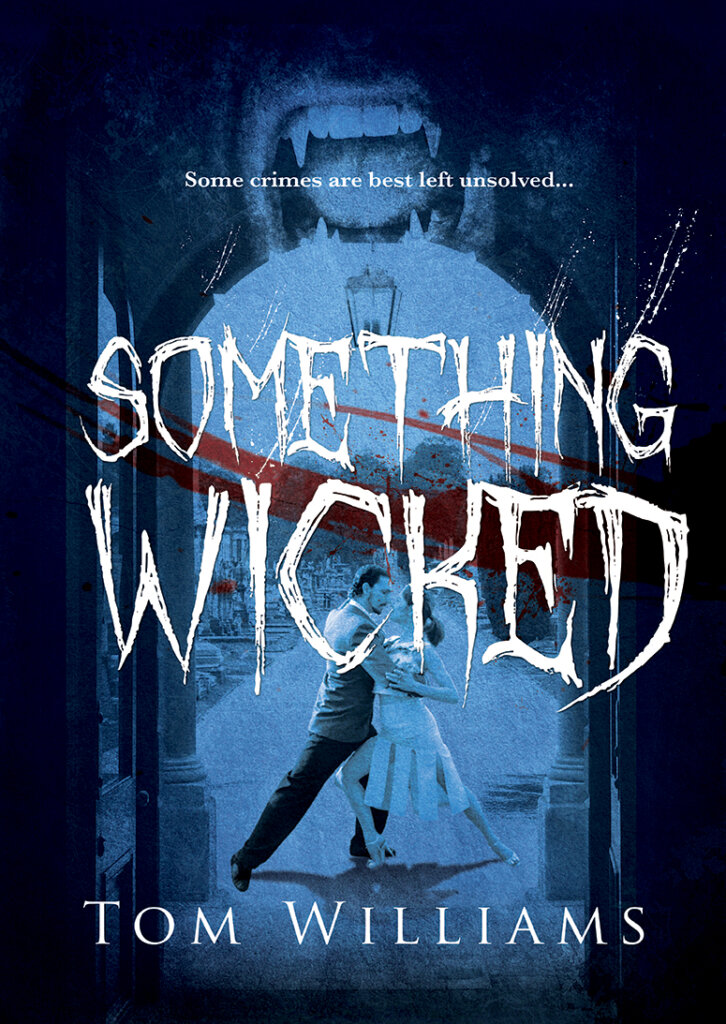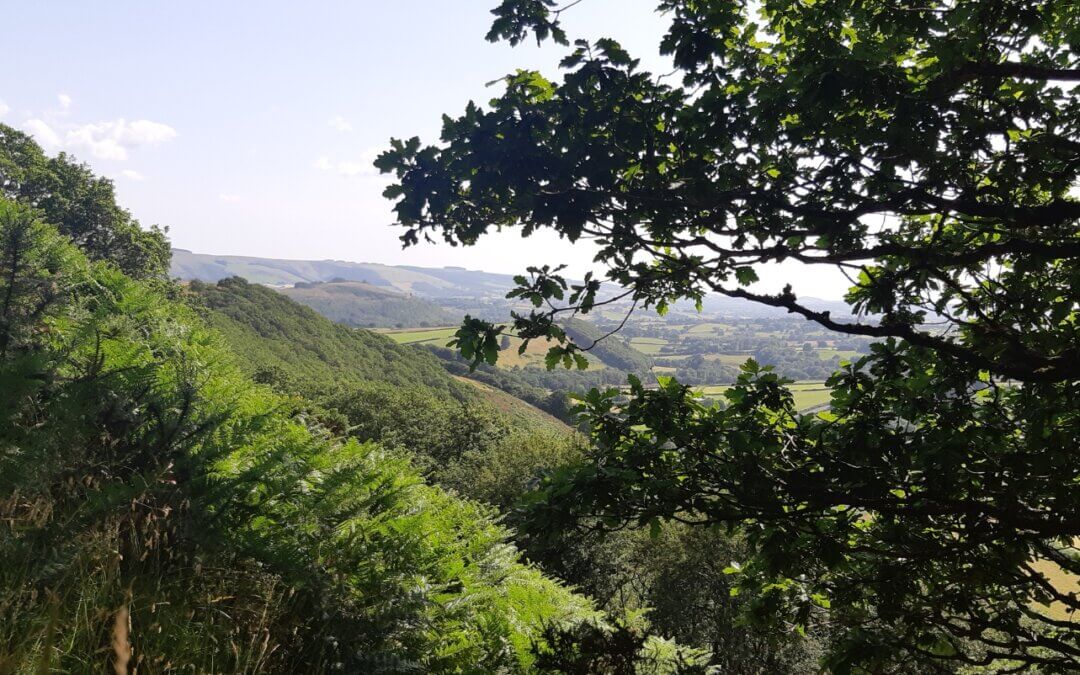I’m sitting in Wales looking out the window at a landscape hazy in the heat of a July day. It’s a wonderful, lazy place where we walk and read and chat aimlessly about all sorts of things, usually pointless (Can analysis be worthwhile? Is the theatre really dead?) but sometimes a little more down-to-earth, like am I going to keep writing about James Burke and how am I going to persuade more people to buy the books?
I’m definitely writing one more, because I’m already well into it. Burke and the Pimpernel Affair is going to be an escapist bit of fun after the seriousness of Burke in Ireland, featuring the Empress Josephine, daring escapes from prison, secret agents and a very good tailor. But after that? I’m not sure. I’d like to write about the Lines of Torres Vedras because, back in the days when international travel was practicable, I visited Portugal and I’d love to feature the fortifications there in one of Burke’s adventures. But even here in Wales, with my very limited internet access, I’m getting Twitter messages suggesting that there is more to historical fiction than the Napoleonic Wars.

The trouble is that people really enjoy reading about the Napoleonic Wars. I love all my books, but every parent has a secret favourite child and I think John Williamson (from my John Williamson Papers) is a more interesting fellow than James Burke. But Williamson – solid, reliable Williamson who agonises about the right thing to do and ends up trapped in one moral quagmire after another – he’s never going to sell like James Burke. Not only is the market for moral ambiguity more limited than the potential readership of books with gallant strapping heroes who slay the villain, win the girl and ride off into the sunset (though that’s a cruel over-simplification of Burke’s character because he has his demons too) but Williamson is having his adventures in the mid-19th century. The Williamson books are all about the age of Empire and as we re-evaluate what Empire meant, it’s become a period that people don’t seek out for easy reading. It’s a shame but (as the kids say) it is what it is.

There are three John Williamson books. I’ve just republished the first, The White Rajah with the other two to come. It’s a trilogy that starts in England, travels to Borneo (The White Rajah) and India (Cawnpore) before returning to England (Back Home). I am not planning any more, but I do hope to pick up new readers this year. (I really do recommend The White Rajah. I hope you read it.)

So where to next? Should I send Burke to America to fight the damn Yankees? Or start off with a completely different hero?
I am tempted to write more Urban Fantasy like Something Wicked. Urban Fantasy does not require weeks spent reading dusty volumes of history or visiting old forts in Portugal (however much fun that was) or checking fashion details in the V&A. And people read it. They read it enthusiastically and write about it and tell their friends. Urban Fantasy is, not to put too fine a point on it, just more profitable than historical fiction.

The sad truth is that the market does decide what people write. Even if, like me and most authors I know, you don’t write for money, it is dispiriting (utterly, hideously dispiriting) to write books that don’t get read. And the best measure of how many people are reading them is sales.
So if you like books of a certain type (by me or anyone else) do get onto Amazon (other booksellers are also available) and buy them. And tell your friends. Or, better yet, buy them for your friends. (Amazon now allows you to gift e-books.)
If you don’t, slowly but surely, writers will stop writing the books you enjoy.
It was Paul Simon who asked if the theatre was really dead. (Ten house points if you picked up the reference.) He didn’t ask if literature (or historical fiction, or space opera, or magical realism) was dead because he wrote the song before the publishing revolution that means the world has never had so many books and never had so many without sales. Books are now so cheap that many people see them as something they shouldn’t have to pay for at all. But authors need sales. They are the easiest way to show book love.
Support the arts. Buy a book.


House points!!! That takes me back.
From what I’ve read of yours, I think your Victorian history is the jewel in your literary crown. As for what you write next, I don’t know about you, but I can only write what I feel like at the time. I needed a break from dark dystopian futures after Megacity, so am currently writing a book about an internet con man. But I suspect I’m going to write a zombie book next. Because I can’t live out my life without writing at least one zombie book!!!
My best selling/read on Kindle Unlimited books is/are Tipping Point and the other 3 in the series. Almost always. The series is bought or read on KU every day. Guess people can’t get enough of societal collapse, eh!!!
Wales looks glorious, and much nicer than Tyne & Wear!
Thank you.
I am proudest of the Victorian books, but they were rejected by some major publishers and the agent who took me on on the strength of ‘The White Rajah’ suggested I try to establish myself with something more commercial to start off with. Hence Burke. The good news is that they do seem to be quite popular. The bad news is that this can mean I spend the rest of my life writing Napoleonic fiction.
Actually, while I was in Wales and literally messing around on my phone, I started to write a new Urban Fantasy. Just a few hundred words (on my phone, remember) but it was amazing how liberating it felt after months of #histfic. So that may well be the next book!
I wonder if this generation of readers’ time management and ability to focus is a factor here, Tom ? Everything seems to be so much more short-term these days – the way businesses and governments run, individuals’ powers of concentration in the internet age, etc, etc – that it’s possible that your Urban Fantasy books (and any books on the shorter side) might appeal to more people than longer ones ? It’s perhaps a bit unfortunate, and a bit depressing, that many people would not pick up a book for fear they would have to look away from their screen or put down their phone ! If people are only reading in short bursts, then shorter books may be the better option for writers.
I don’t know, Paul. There is definitely a demand for very long books at the moment with lots of Fantasy writers producing stuff over 100,000 words, but at the same time you’d think that e-books would encourage readers to go for short books. I notice some writers get the best of both worlds by writing books which are essentially part-works – serials which build up to a single very long book. Some people are starting to do that with historical fiction as well.
The world of books and publishing is changing so fast at the moment, it’s difficult to be sure of anything.
I rarely read anything more recent than Evelyn Waugh – if anyone reads him anymore I don’t know – but I am certainly interested in your books, especially Cawnpore. When summer turns to winter, I will start.
Thank you.